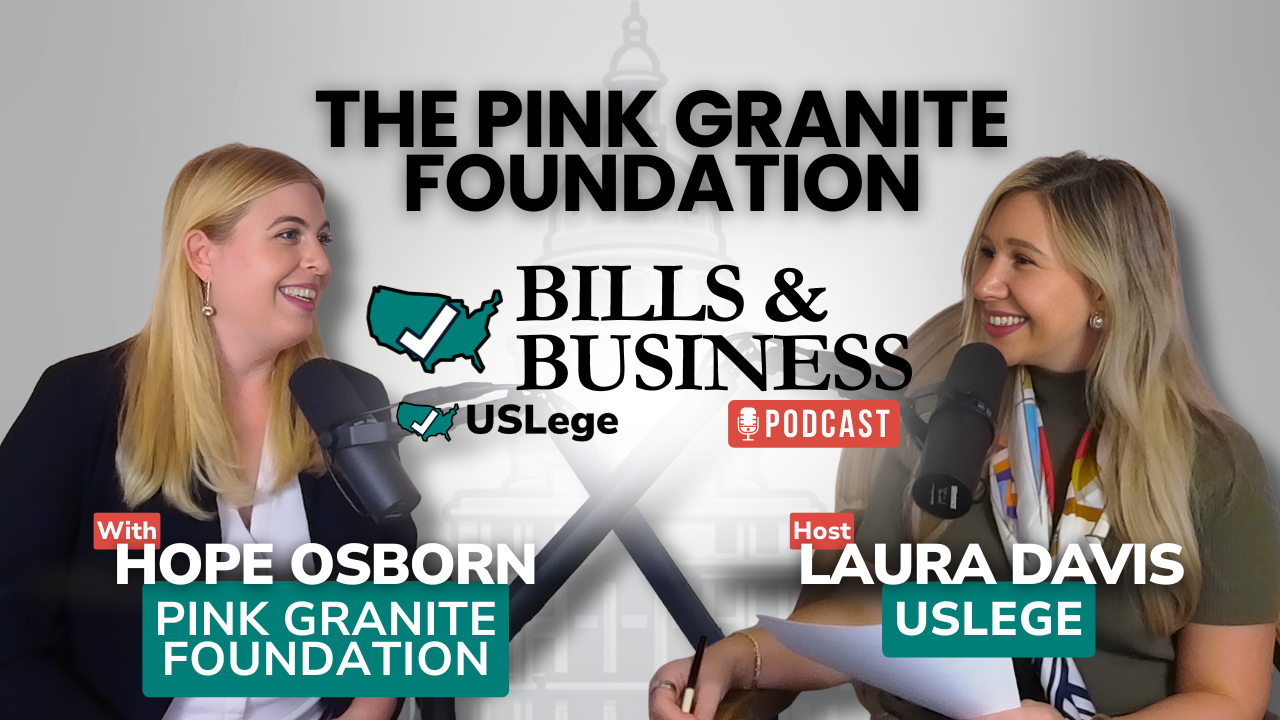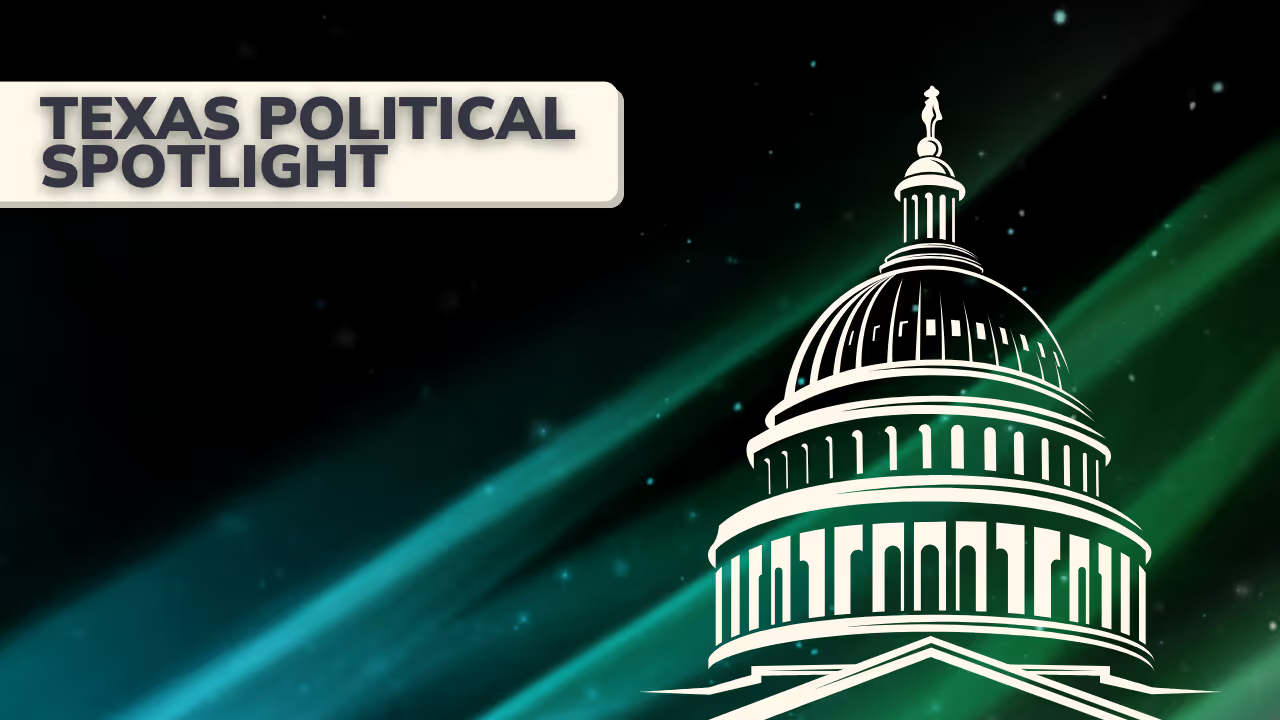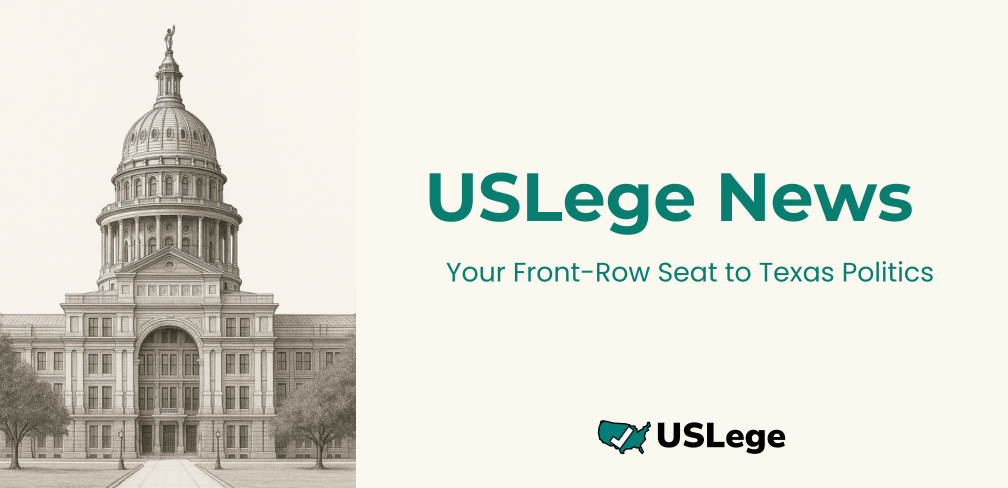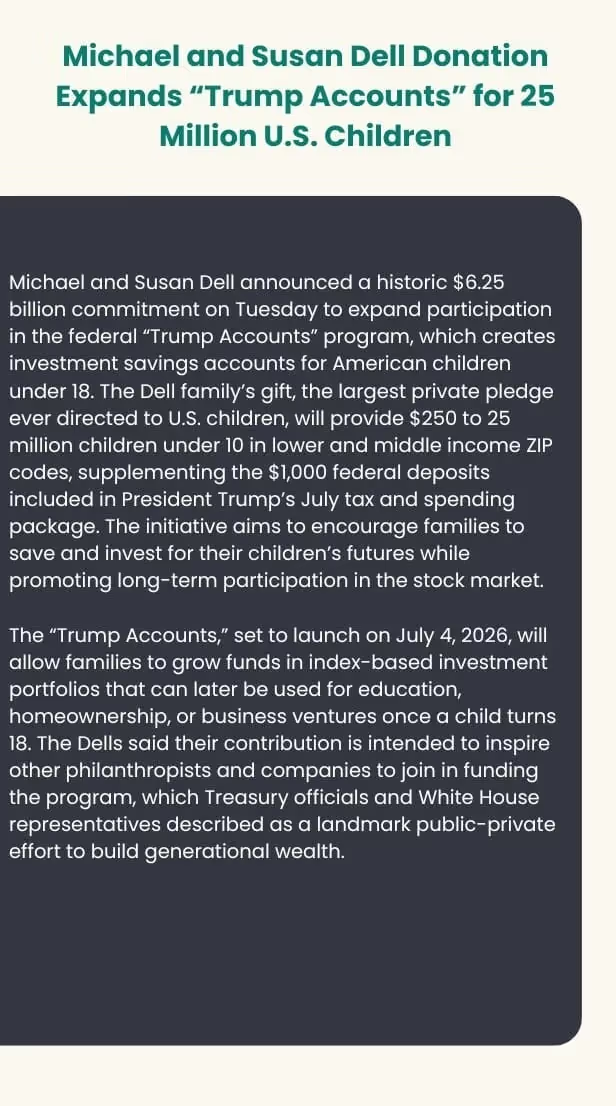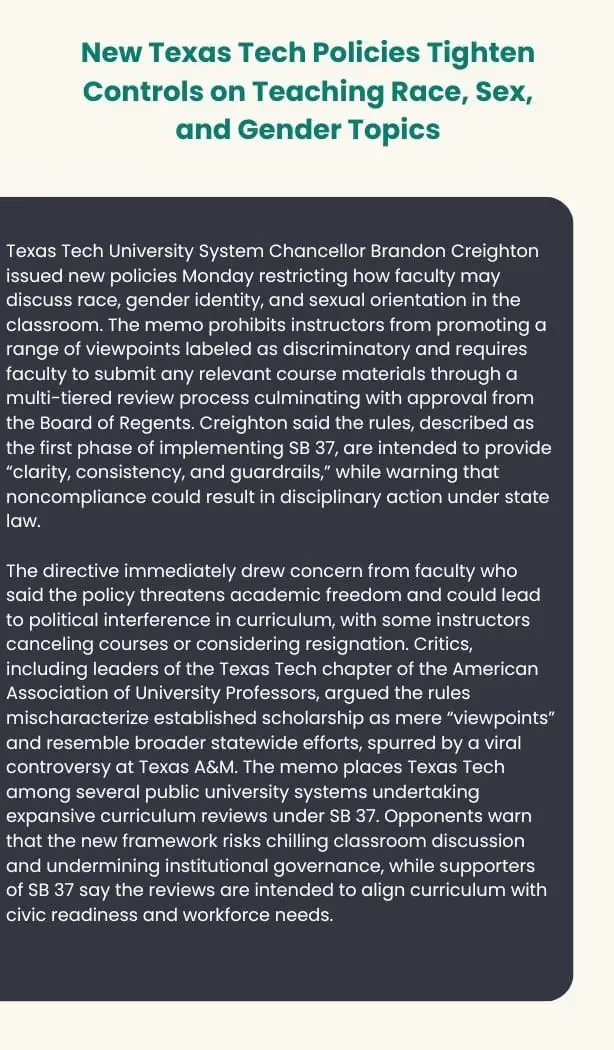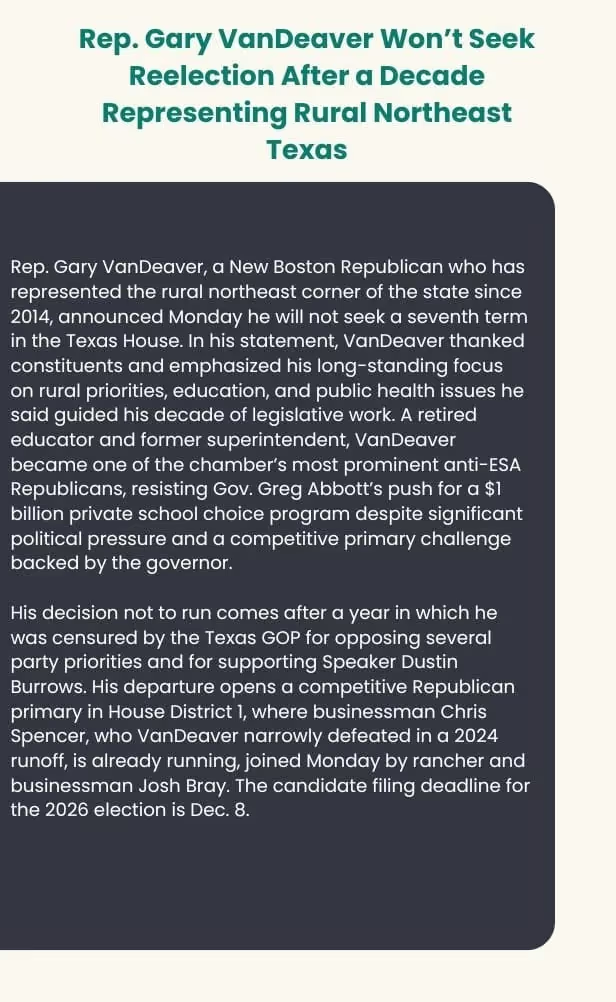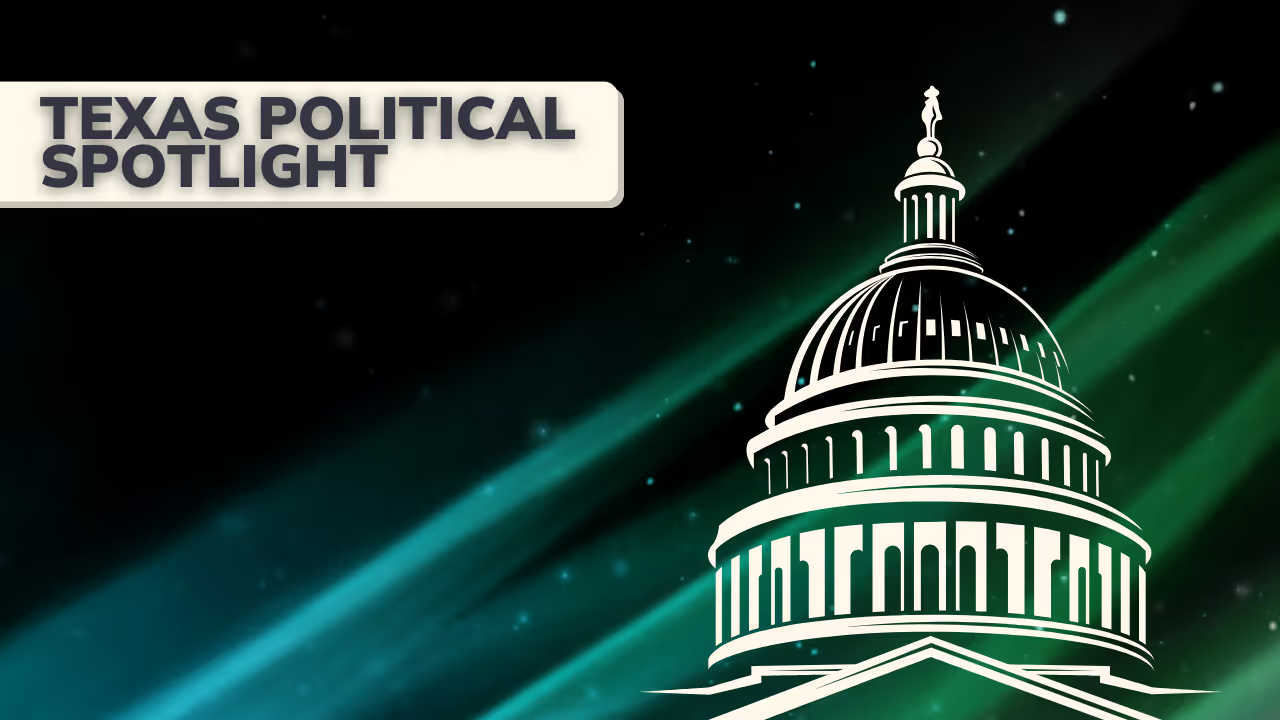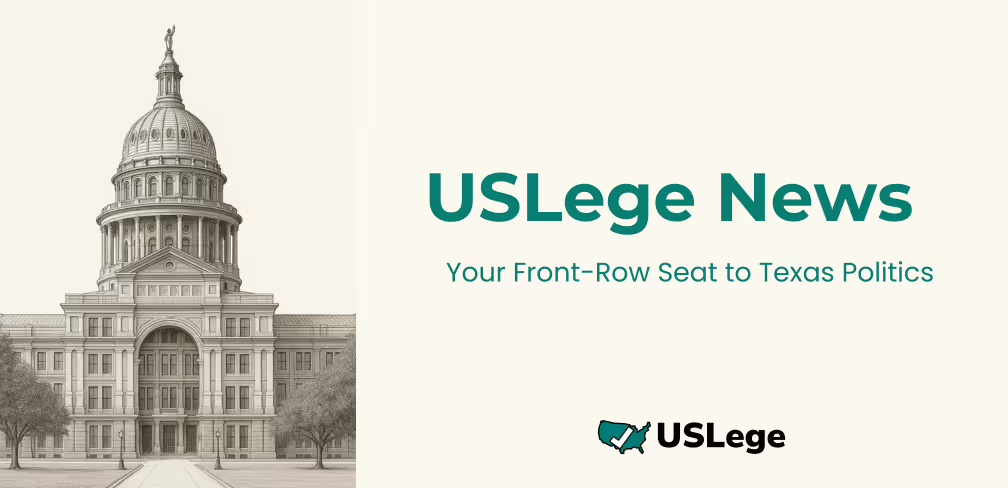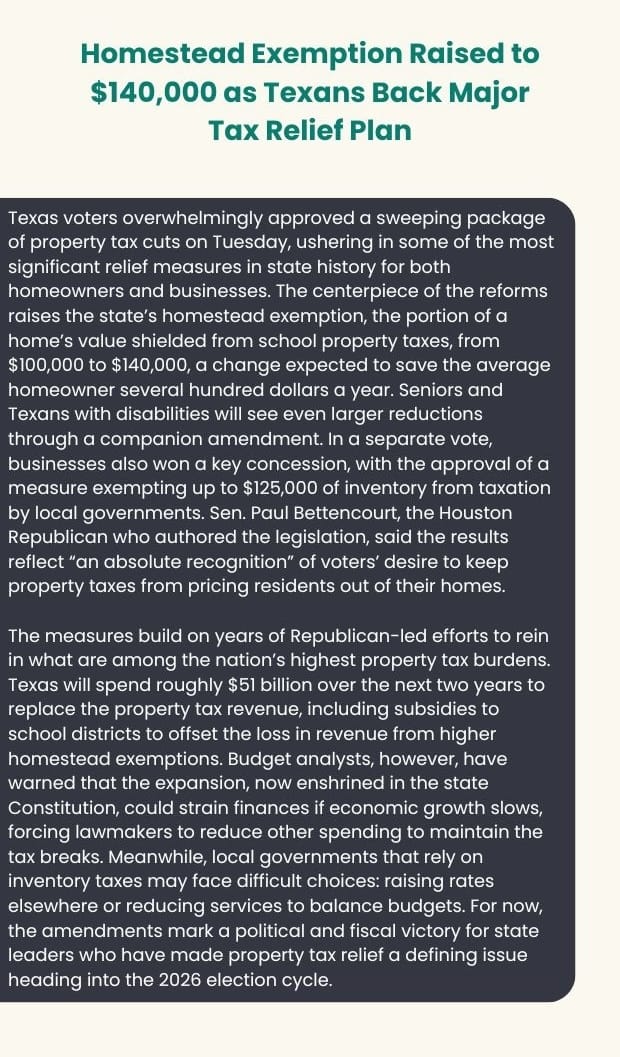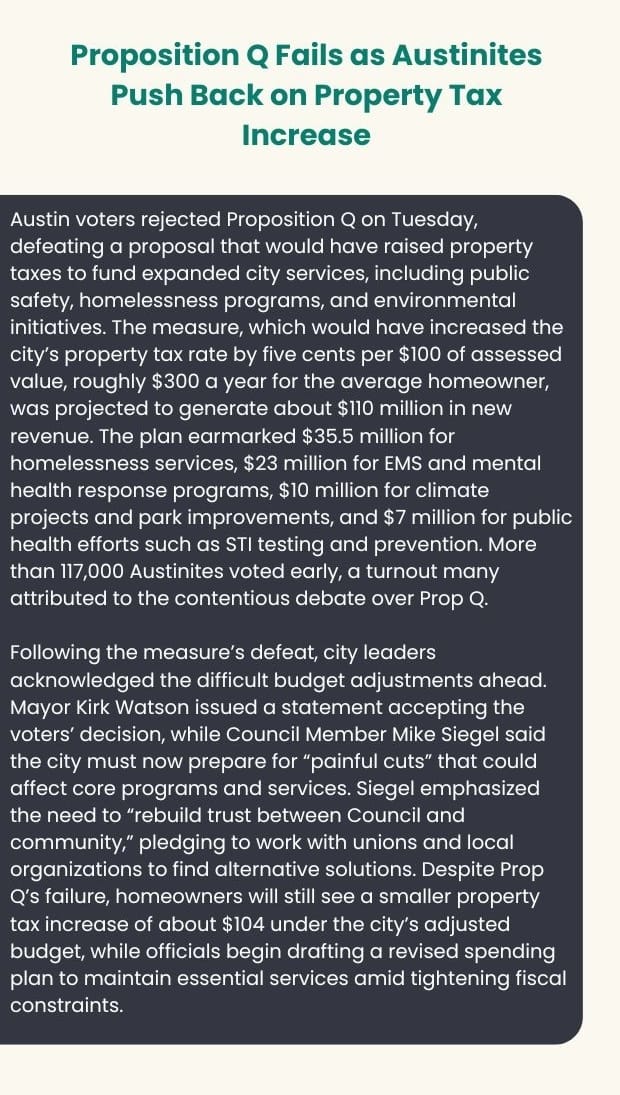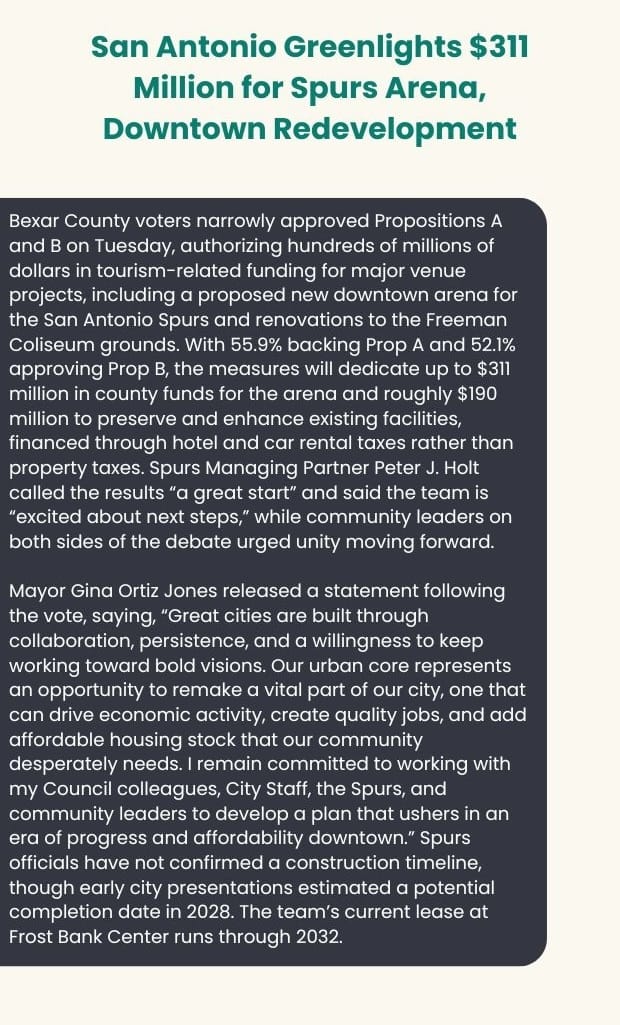Legislative bill tracking software now sits at the center of how modern organizations monitor public policy.
With fast-moving legislation across states and at the federal level, even a single missed update can derail compliance, strategy, and stakeholder communication.
For government affairs, public affairs professionals, and policy professionals, the challenge is no longer finding information.
The real challenge is staying up to date, sorting through massive amounts of data, and acting fast enough to stay ahead of regulatory developments.
Organizations that still rely on manual tracking often miss hearing schedules, committee assignments, and vote movement during an active legislative session.
Those delays lead to rushed analysis, weak talking points, and reduced control over regulatory strategy.
This guide explains how modern legislative and regulatory tracking works, what features matter most, and how to evaluate legislative bill tracking software with confidence.
It also outlines how the right tools help organizations save time, stay informed, and work smarter with fewer resources.
What a Legislative Tracking Platform Actually Does
A legislative tracking platform collects bills, executive orders, and regulatory updates from Congress and state agencies.
It organizes full text, status, hearing schedules, and vote outcomes into a searchable structure.
Instead of searching dozens of sites, users access critical information in a single workspace.
This creates comprehensive coverage across jurisdictions and timeline stages.
Manual Monitoring vs Automated Systems
Manual tracking depends on email newsletters, website checks, spreadsheets, and delayed reports.
Automated tracking legislation systems rely on structured data feeds, continuous search processing, and AI-powered tagging.
This shift allows teams to track bills in real time while reducing reporting lag.
Who Relies on Legislative and Regulatory Tracking Every Day
Government Affairs Teams
Government affairs teams track legislation to advise internal leadership and shape outreach strategy.
They monitor committee hearings, regulatory changes, and voting calendars to anticipate outcomes.
Government Affairs Professionals
Government affairs professionals depend on real-time alerts to prepare briefings, manage stakeholder communication, and coordinate advocacy activity.
Public Affairs Professionals
Public affairs professionals use legislative tracking to stay informed on pending legislation that affects public positioning.
They use alerts, bill summaries, and reports to guide messaging and response timing.
Policy Professionals
Policy professionals analyze regulatory and legislative movement for forecasting and risk modeling.
Core Functions Every System Must Deliver
Real Time Alerts and Notifications
Real-time alerts ensure that no major event is missed.
Users receive status change alerts, hearing alerts, committee movement alerts, and vote alerts.
Many systems also deliver real-time legislative alerts and real-time notifications to multiple team members at once.
Email alerts remain a core communication channel.
Search and Filtering Tools
Strong search features allow users to search by keyword, bill number, sponsor, topic, and date.
Advanced filters allow professionals to track across Congress, agencies, and jurisdictions without manual sorting.
Bill Summaries and Full Text Access
Clear bill summaries help professionals review large volumes of legislation quickly.
Full text access supports detailed analysis when a deeper review is required.
Tracking Across the Full Legislative Process
The legislative process unfolds across many stages.
A strong tracking system follows every phase without delay.
Stages include introduction, committee hearing, committee vote, floor vote, reconciliation, and enactment.
Tracking each stage allows organizations to act with speed and precision.
Why Organizations Struggle Without Proper Tracking
Without reliable legislative tracking, organizations often miss key vote windows and fall behind on regulatory changes.
They lose early access to hearing schedules and waste time on manual legislative research.
Manual tracking also weakens stakeholder engagement and limits the ability to anticipate outcomes.
How AI-Powered Tracking Improves Speed and Accuracy
AI-powered systems classify bills by topic, industry, and risk level.
They reduce noise while increasing signal clarity.
Key AI-powered functions include automated tagging, predictive analysis, sentiment scoring, and impact forecasting.
This allows teams to anticipate policy shifts instead of reacting after passage.
Staying Ahead in Fast-Moving Legislative Environments
Fast-moving legislation often changes direction within days.
Organizations that stay ahead rely on continuous data intake and structured alerts.
To stay ahead consistently, teams must track daily activity, review bill movement, monitor committee assignments, and track hearing schedules.
Teams that do not stay ahead often miss early influence windows.
Jurisdictional Scope and Data Integrity
Federal Level Coverage
Federal-level tracking focuses on Congress, agencies, and executive orders.
These updates guide national strategy and compliance planning.
State and Local Monitoring
State and municipal legislation often moves faster than federal legislation.
Multi-jurisdiction tracking legislation tools allow organizations to track overlapping regulatory exposure while staying fully up to date.
The Role of Data in Modern Bill Monitoring
Data drives every element of tracking software.
It supports alerts, reports, dashboards, and compliance workflows.
Reliable data strengthens legislative analysis, regulatory monitoring, stakeholder analysis, and long-term strategy planning.
Reports, Analysis, and Action Planning
Strong report functions turn raw data into usable insights.
Reports guide leadership decisions at every level of the organization.
Common reports include daily legislative summaries, weekly regulatory reports, stakeholder briefings, and executive updates.
Advanced analysis allows teams to compare date ranges, sponsors, committees, and historical vote behavior.
Supporting Advocacy and Government Relations
Advocacy relies on early awareness and quick response.
Government relations teams depend on tracking to coordinate outreach tools, stakeholder engagement, and talking points.
Legislative tracking strengthens government relations by improving access to bill summaries, hearing schedules, and pending legislation updates.
Real Time Workflow Management
Real-time alerts flow into shared team workflows.
Every alert triggers review, analysis, and response.
Real-time notifications help assign internal owners, trigger review cycles, support rapid response, and prevent missed deadlines.
This structure allows the organization to maintain control under pressure.
Managing Regulatory Risk Through Continuous Monitoring
Regulatory risk increases when organizations track sporadically.
Continuous regulatory tracking reduces exposure by keeping leadership informed of regulatory changes.
Regulatory monitoring supports compliance alignment, internal controls, and audit readiness.
Integration With Internal Systems
Modern tracking software integrates with CRM systems, internal dashboards, compliance platforms, and reporting tools.
This improves access to legislative and regulatory data across the organization while reducing manual data entry.
Search, Review, and Control Functions
Search tools help teams locate relevant bills quickly.
Review workflows to ensure accuracy and relevance.
Control layers protect access across departments.
Key Evaluation Criteria for Selecting a Platform
Usability for Professionals
Professionals require intuitive dashboards, fast search, clear alerts, and low learning curves.
Usability directly impacts adoption and performance.
Customization for Each Organization
Every organization tracks different legislation.
Customization allows industry-specific focus, regional tracking, alert priorities, and tailored reports.
Cost, Spend, and Resource Allocation
Pricing affects total spend.
Automation reduces manual effort and helps teams save time while operating with less time investment.
Team Collaboration and Communication
Tracking systems support collaboration across the full team.
Shared alerts, shared reports, and shared review processes improve transparency and alignment.
Stakeholder Management and Client Communication
Stakeholders expect timely updates.
Clients rely on clear reports to guide compliance and planning.
Tracking platforms support stakeholder trust, client communication, and strategic confidence.
Avoiding Missed Opportunities and Compliance Failures
Organizations without structured tracking often miss hearings, deadlines, amendments, and engagement windows.
Every missed update increases both legal and operational risk.
Staying Informed in High-Volume Legislative Cycles
High-volume legislative sessions demand continuous monitoring.
To stay informed, teams rely on automated alerts, daily reports, and real-time legislative alerts.
Strategic Use of Legislative and Regulatory Tracking
Legislative and regulatory tracking supports long-term policy strategy, compliance planning, advocacy positioning, and organizational risk management.
Using Tracking to Anticipate Policy Shifts
Anticipation depends on trend analysis, sponsor behavior review, historical vote patterns, and committee movement tracking.
These insights help organizations remain one step ahead.
Managing High Bill Volume With Limited Resources
Congress and state legislatures introduce thousands of bills each year.
Tracking software allows organizations to manage this volume with fewer resources and stronger control.
Accuracy, Speed, and Critical Information Flow
Accuracy ensures trust in decisions.
Speed ensures timely action.
Critical information must flow without interruption to all stakeholders.
Supporting Long-Term Strategy With Continuous Data
Continuous data monitoring aligns regulatory planning with business strategy.
It prevents reactive behavior and supports proactive positioning.
Future Direction of Legislative and Regulatory Monitoring
The future is driven by deeper AI-powered analytics, faster real-time alerts, broader data interoperability, and stronger predictive analysis.
These advances will further improve organizational readiness.





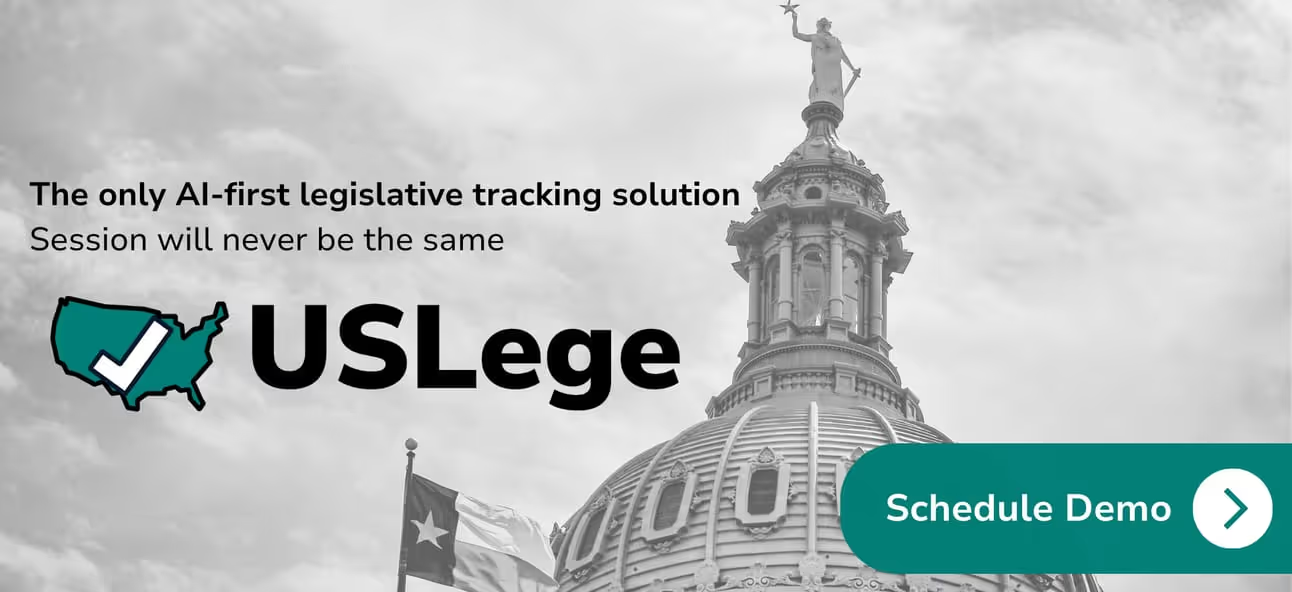
.avif)



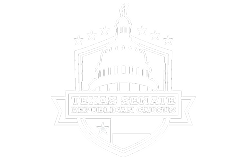















.jpeg)
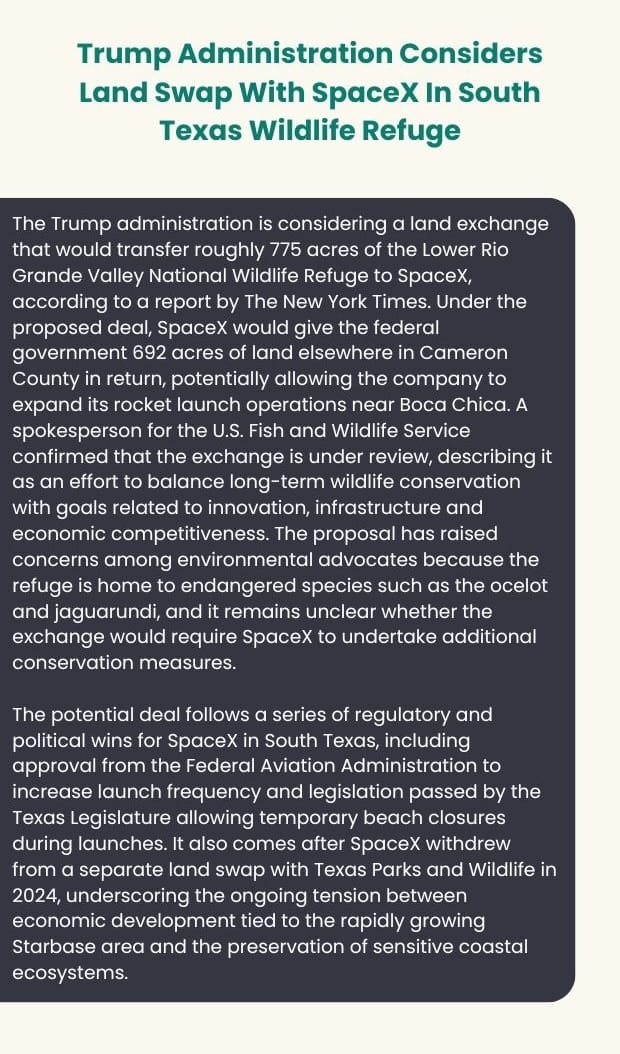
.jpeg)
